Estimated reading time: 2 minutes
Adapting Business Strategies in Response to Changing Market Dynamics
Porsche AG, renowned for its luxury automobiles, finds itself in negotiations with Chinese dealers to foster stronger ties amidst a period of sluggish electric vehicle (EV) sales. This strategic move comes as the automotive sector grapples with reevaluating the transition from combustion-engine cars in light of current market trends.
Strengthening Partnerships for Market Resilience
In an official statement, the German automaker disclosed ongoing discussions with its Chinese retailers aimed at recalibrating business strategies and enhancing customer service to align with evolving market demands. While specifics regarding the new direction remain undisclosed, both parties express a mutual intent to foster closer collaboration.
Navigating Market Shifts and Competitive Landscape
Porsche and other Western car manufacturers face mounting challenges in China’s EV market as local competitors expand their product offerings and solidify their market presence. Moreover, China’s prevailing real estate crisis has cast a shadow over the economy, leading to a downturn in EV demand. Consequently, manufacturers and dealers alike are compelled to implement price reductions, adversely impacting profit margins.
Addressing Dealer Concerns and Market Realities
Reports from Chinese media highlight grievances from Porsche dealers, who are now seeking compensation for losses incurred from EV sales and contesting this year’s sales targets. China, a significant market for Porsche, contributed approximately a quarter of the brand’s total deliveries last year.
Performance Downturn and Market Response
Reflecting the market challenges, Porsche witnessed a 15% decline in deliveries within the Chinese market in 2023. The downward trend persisted into the current year, with a notable 24% decrease in sales during the first quarter. Similarly, deliveries to North America experienced a 23% decline in the same period, primarily attributed to customs-related shipping delays.
Resolving Tensions Through Negotiation and Collaboration
Tensions between Chinese distributors and German automotive giants are not unprecedented. Previously, Volkswagen AG’s Audi brand resolved disputes with Chinese retailers in 2017 through undisclosed compensation agreements. Similarly, in 2015, BMW facilitated compensation amounting to $820 million to alleviate losses incurred by its Chinese retailers.
Porsche AG aims to fortify its position in the Chinese automotive landscape amidst challenges posed by the EV slowdown and economic uncertainties by proactively engaging in dialogue with Chinese dealers and adapting to shifting market dynamics.



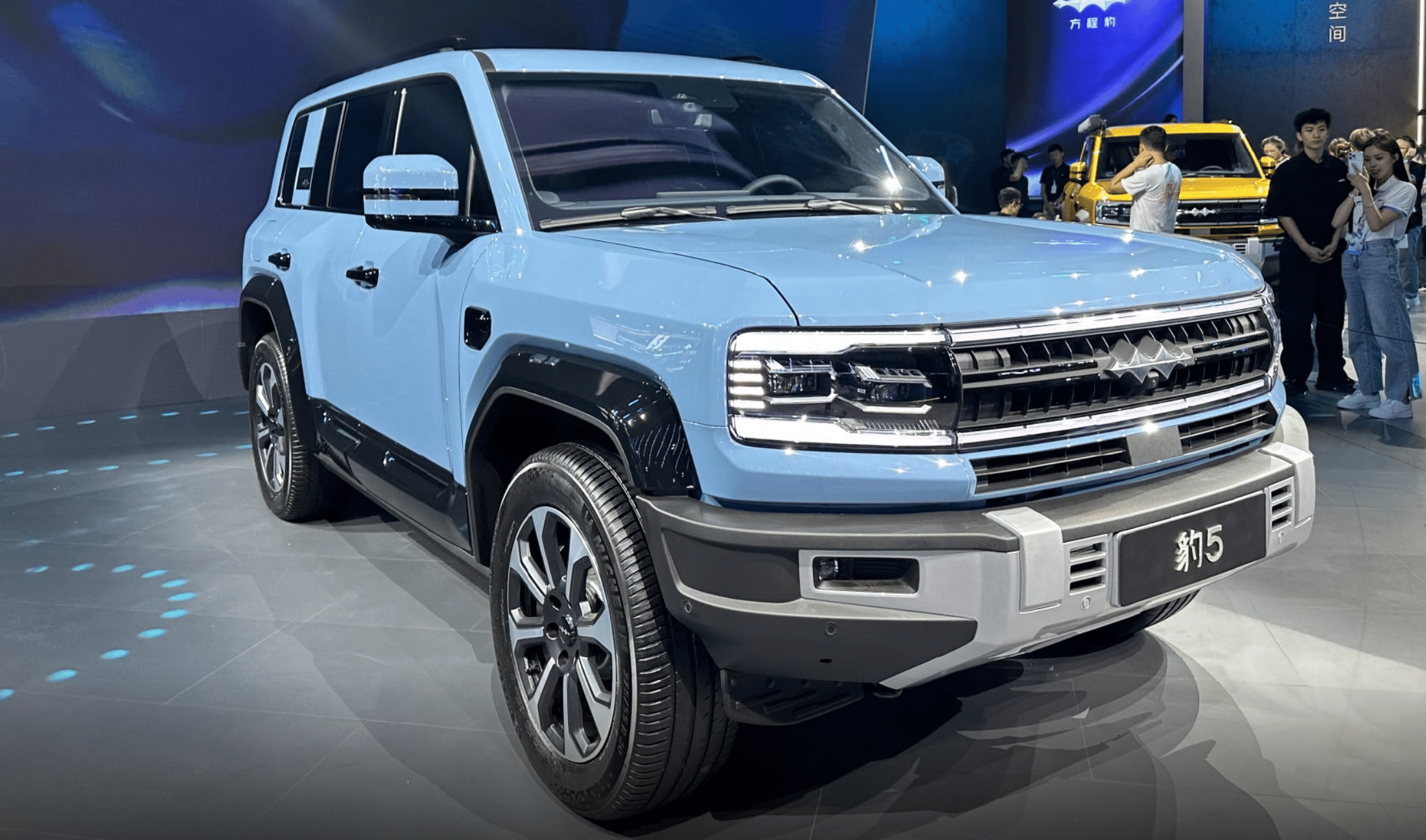
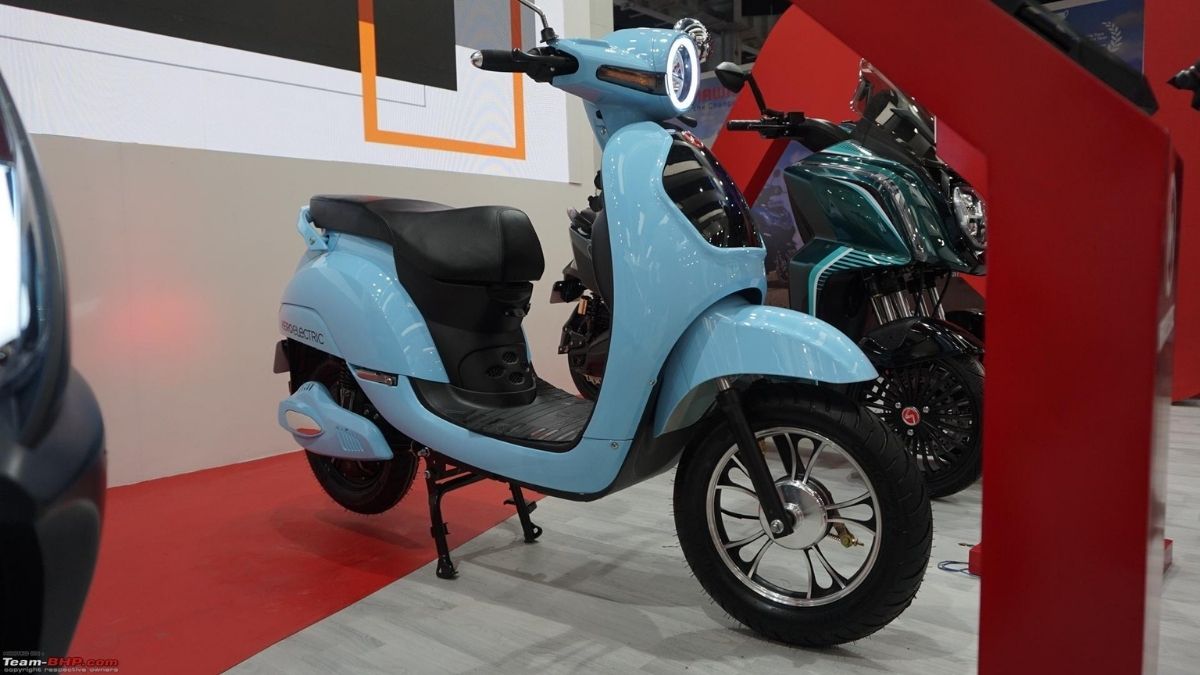
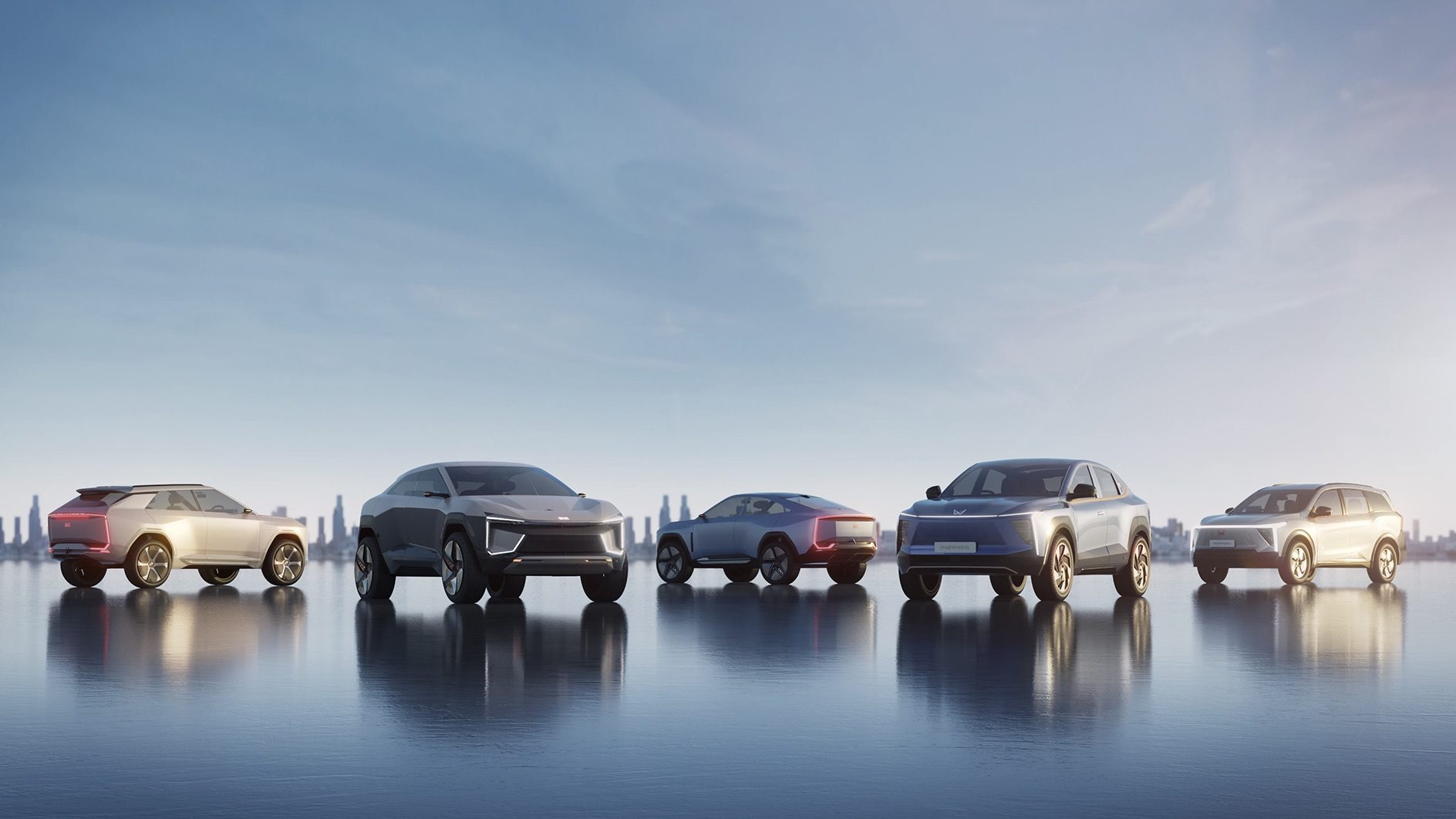
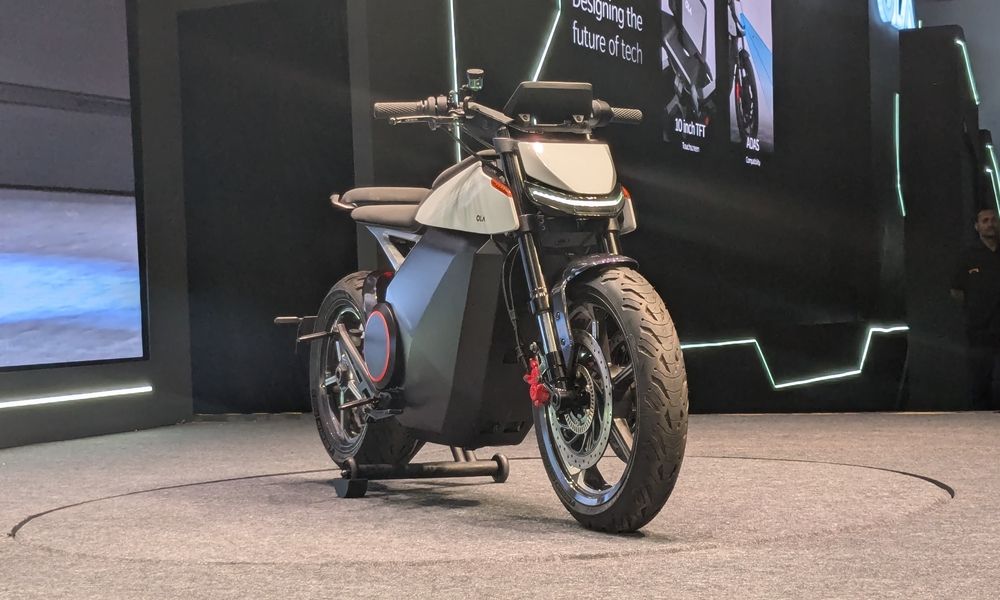

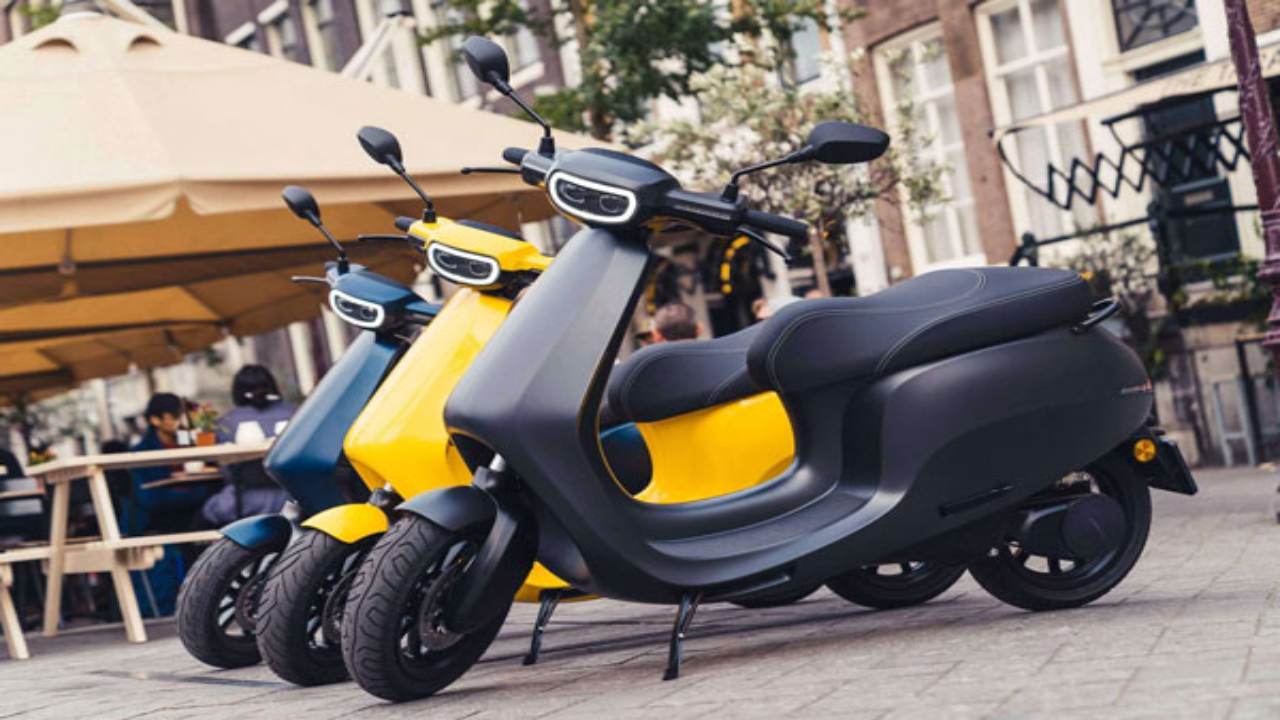

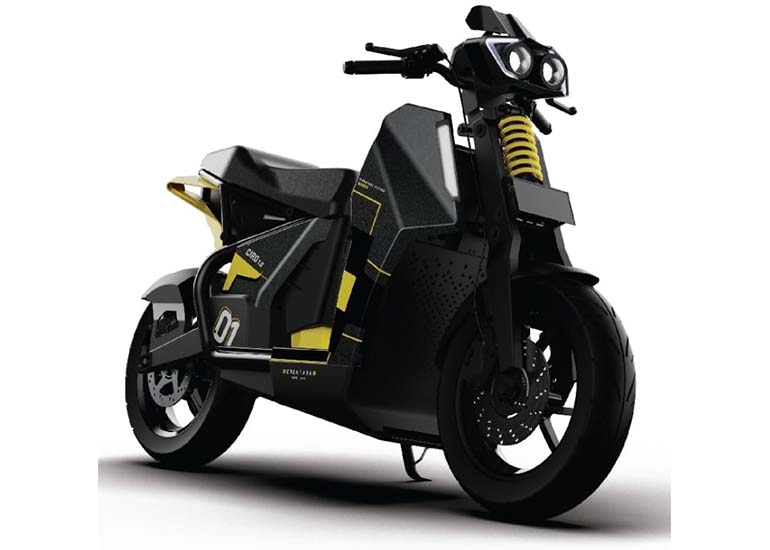
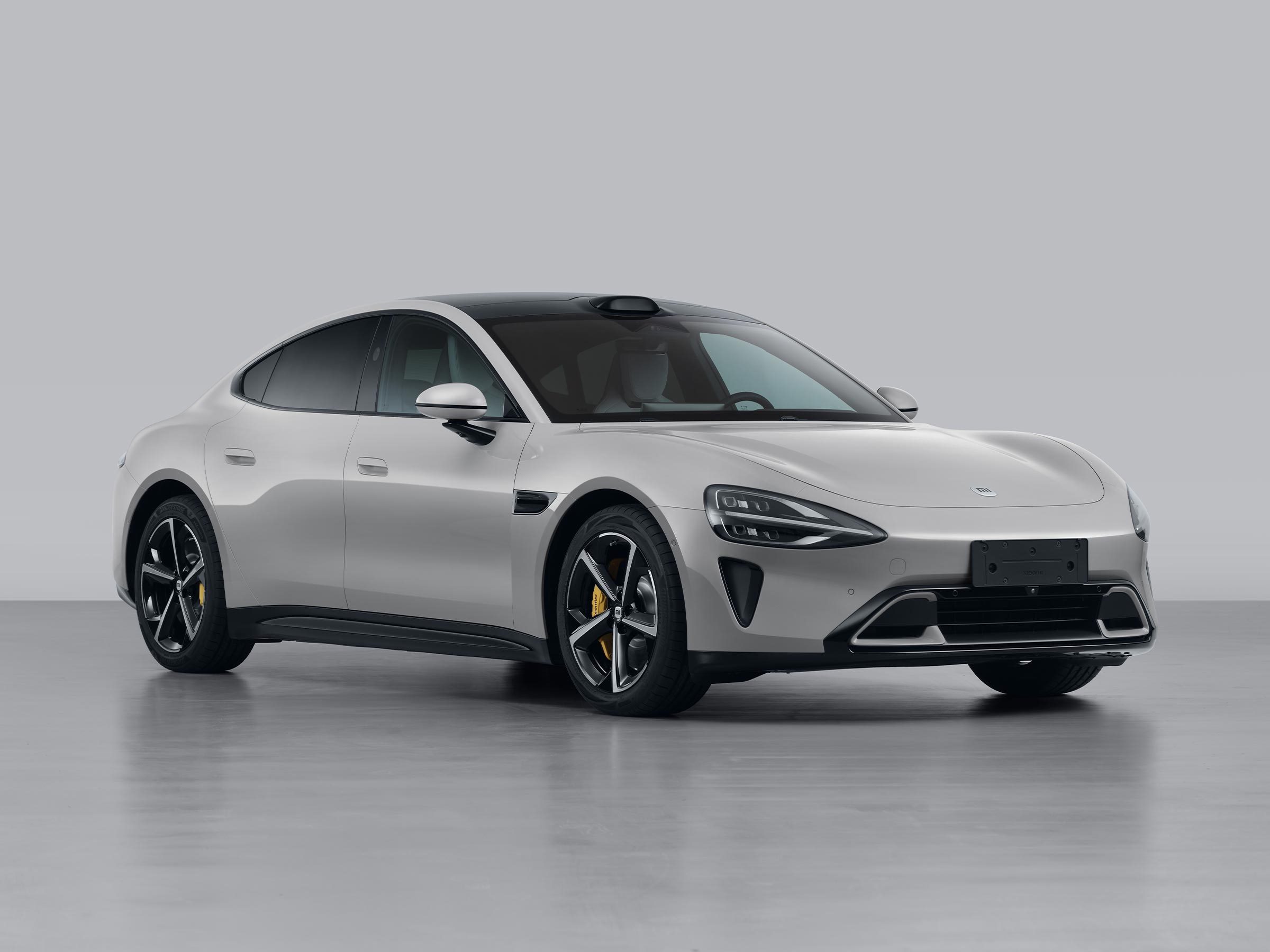

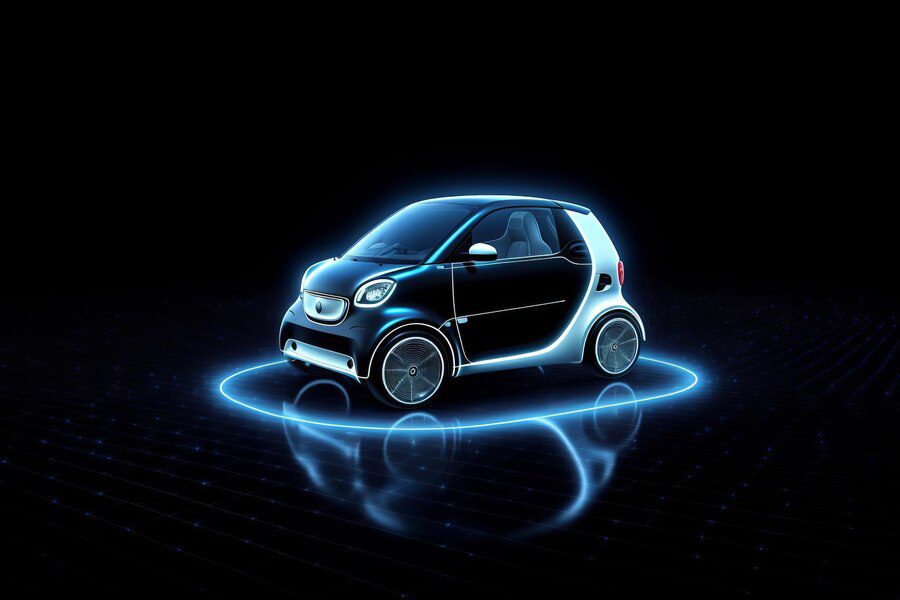
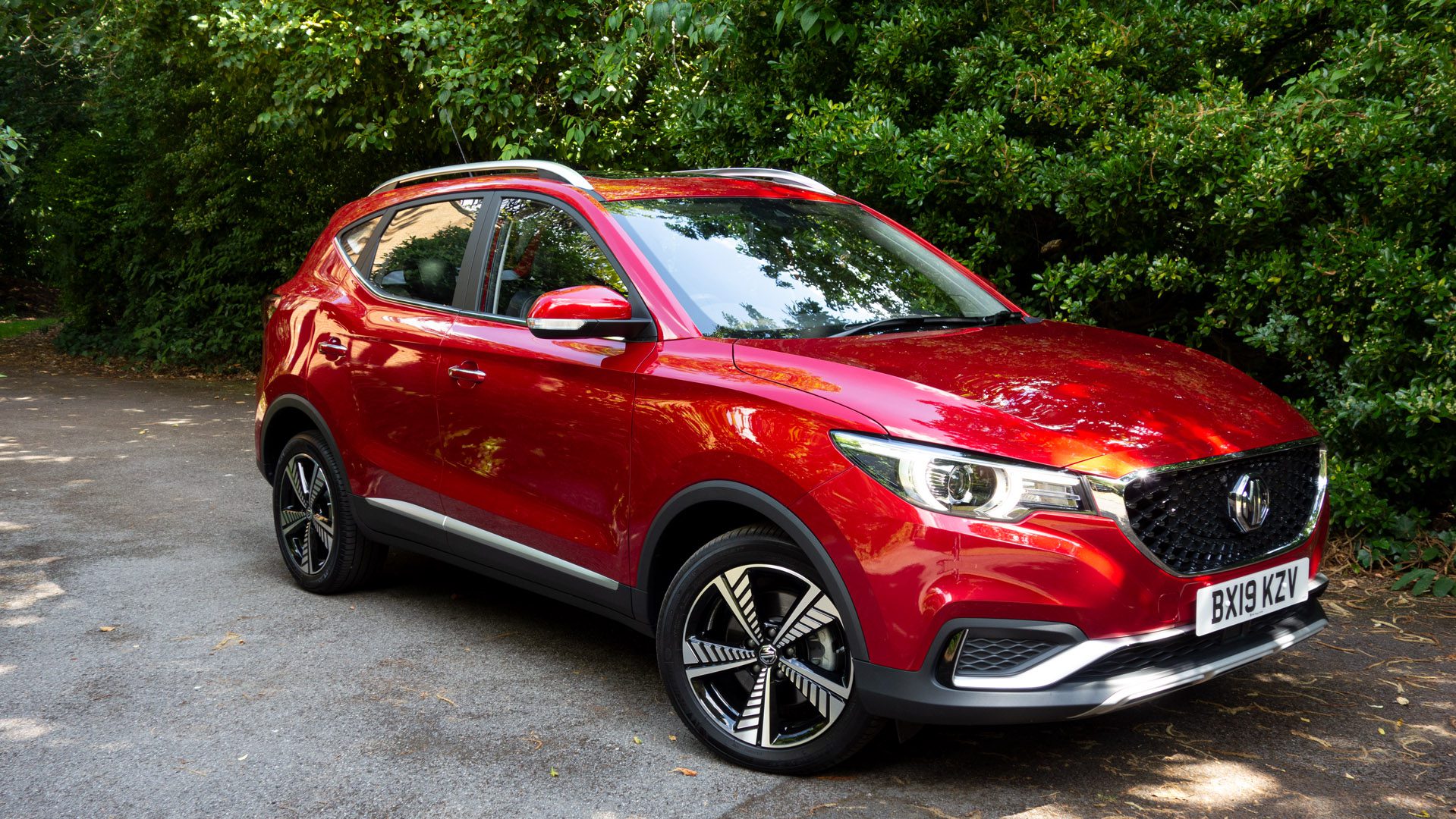





Leave feedback about this